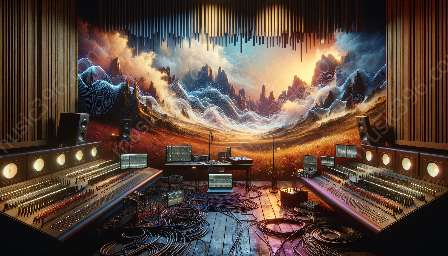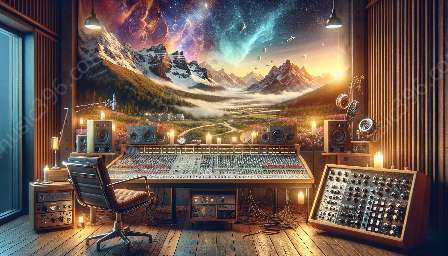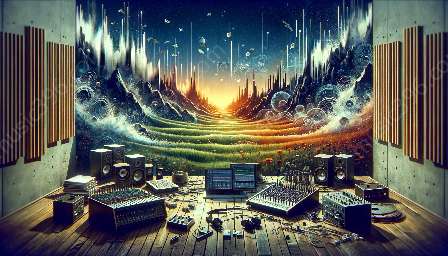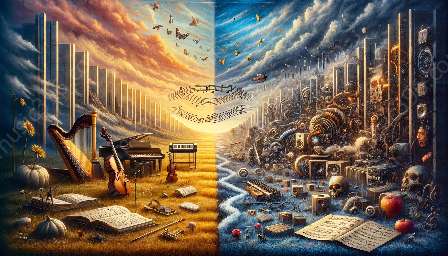Experimental music, with its innovative and unconventional nature, often involves the use of sample-based compositions. However, this creative process exists within a complex legal landscape that intersects with intellectual properties and rights in the experimental music industry.
Understanding Sample-Based Compositions
In the realm of experimental music, sample-based compositions refer to the practice of using pre-existing audio recordings or musical segments as building blocks for new creations. This technique allows artists to deconstruct and manipulate sounds in innovative ways, thereby forming the distinct sonic palette associated with experimental and industrial music.
Intellectual Properties in Sample-Based Compositions
When working with sample-based compositions, experimental music artists must navigate the intricate web of intellectual property laws. This includes understanding copyright regulations and the necessity of securing licenses or permissions for using copyrighted materials.
The Impact of Intellectual Property Rights
Intellectual property rights significantly impact the creation and dissemination of experimental music. Understanding how intellectual properties intersect with sample-based compositions is crucial for artists and producers to avoid legal disputes while fostering a supportive and legally compliant environment for creativity.
Exploring the Legal Landscape
The legal landscape of sample-based compositions in experimental music is ever-evolving, responding to technological advancements and changes in artistic practices. It encompasses a wide array of legal aspects, including copyright law, fair use doctrines, licensing agreements, and the emergence of open-source and creative commons licenses.
Challenges and Opportunities
This legal landscape presents both challenges and opportunities for artists and stakeholders in the experimental music scene. While navigating the complexities of copyright law can be demanding, it also opens up avenues for collaborative approaches, innovative licensing models, and the exploration of legal frameworks tailored to experimental music's unique characteristics.
Relationship with Experimental & Industrial Music
Experimental and industrial music genres often serve as hotbeds for sonic experimentation and boundary-pushing artistic endeavors. As such, the legal considerations surrounding sample-based compositions directly influence the creative output and industry dynamics within these genres.
Legal Compliance and Creativity
By understanding the legal landscape of sample-based compositions, artists in the experimental and industrial music spheres can strike a delicate balance between legal compliance and uninhibited creativity. This duality fosters an environment where experimentation thrives while respecting the rights of original creators.
Conclusion
The legal landscape of sample-based compositions in experimental music intertwines with intellectual properties and rights, shaping the industry's dynamics and artistic output. Navigating this complex terrain empowers artists and stakeholders to engage in innovative music creation while upholding legal responsibilities, ultimately fostering a sustainable and vibrant experimental music domain.































